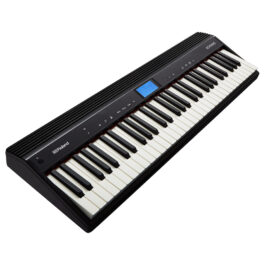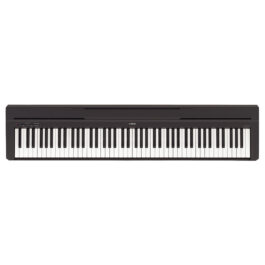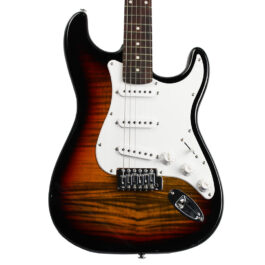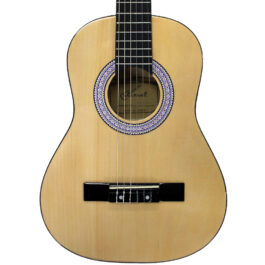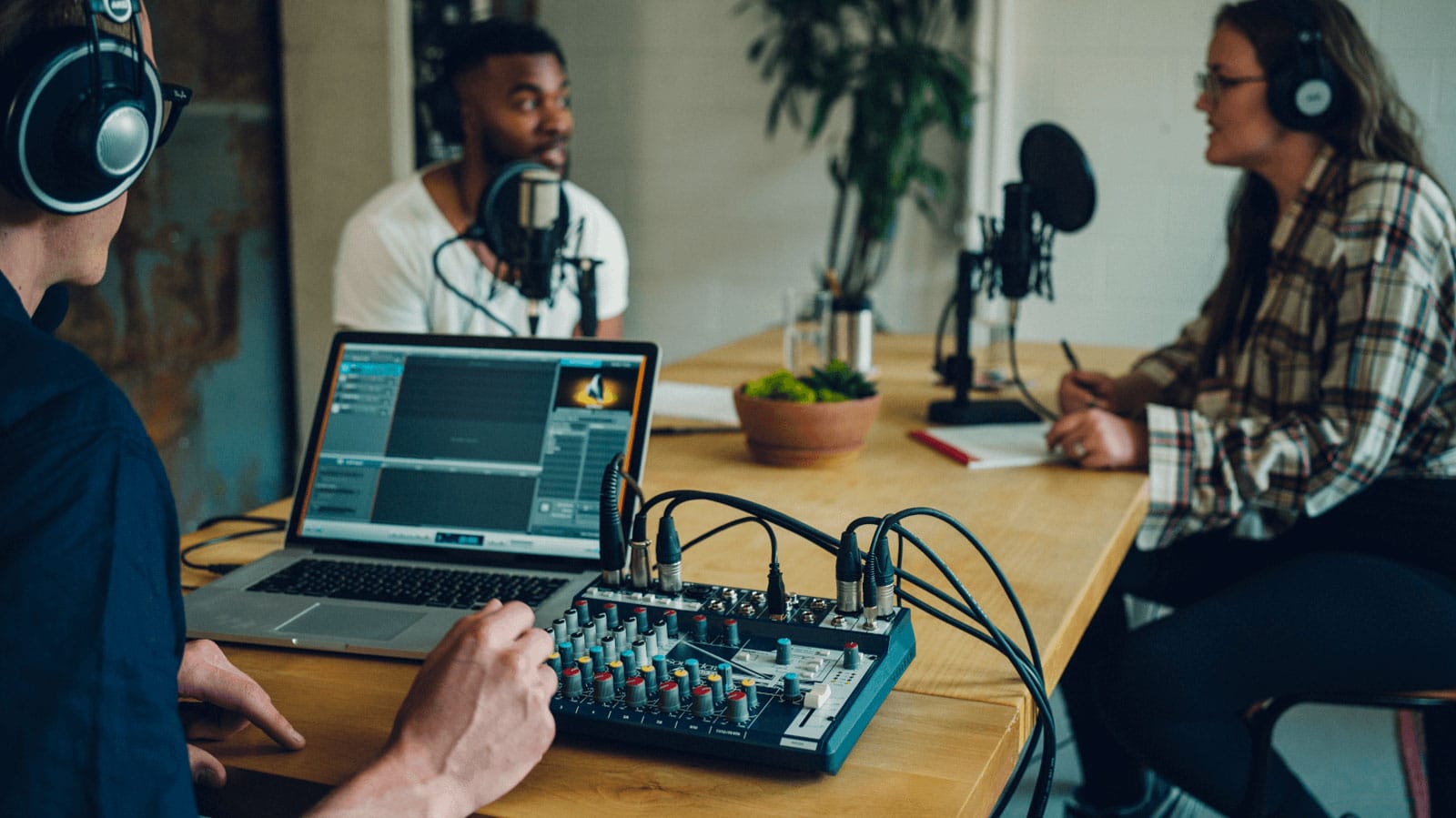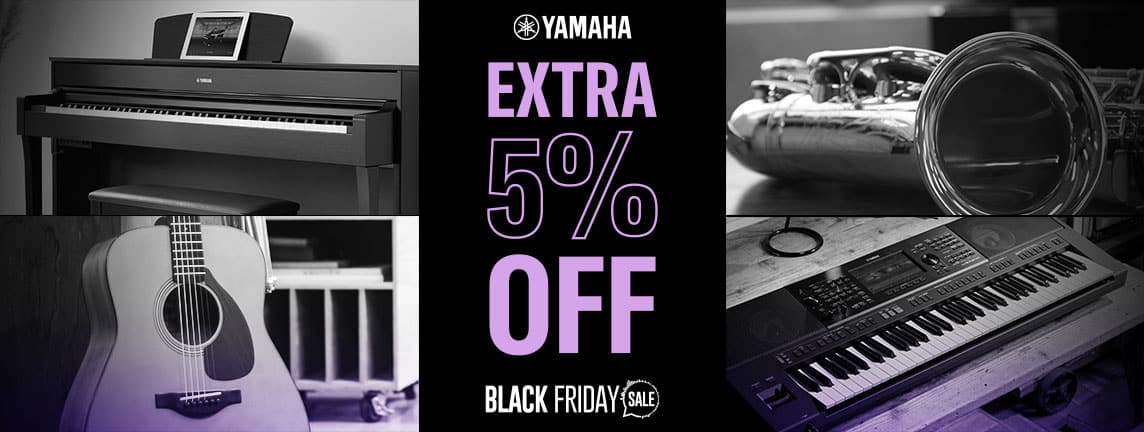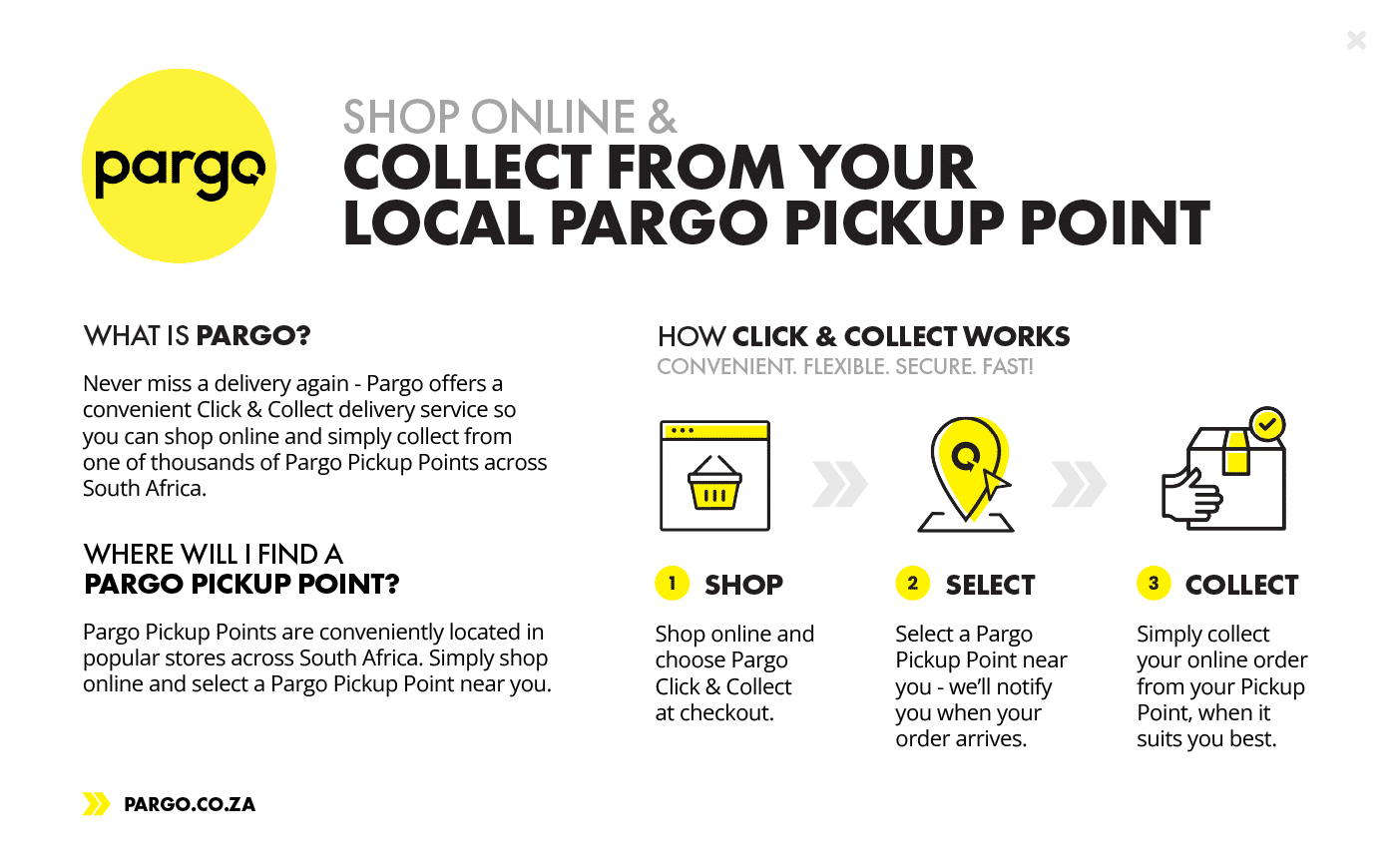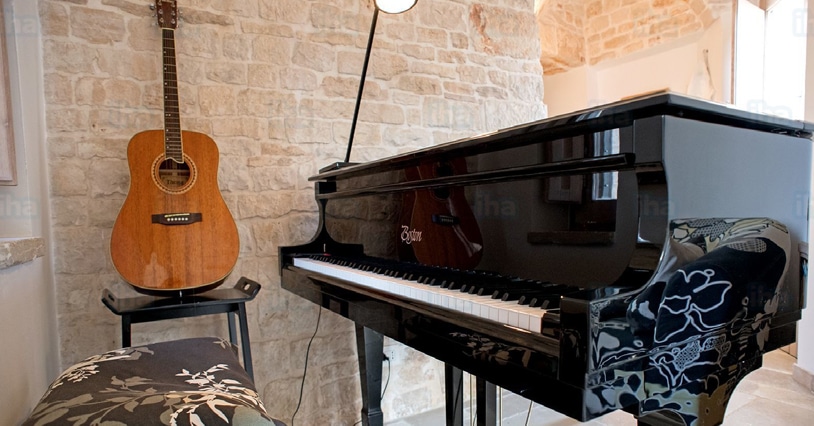
The age-old debate that most parents and new music students go through is should you start music by playing the guitar or the piano. Even students who start their musical journey on the recorder might have to face this decision when they move to their “advanced” instrument. So, when faced with the option of playing the guitar or piano, which one should you choose?
First off, it’s essential to understand that “better” is a subjective term. If you ask a guitarist, they’ll likely say that guitar is better. If you ask a pianist, they’d have a similar response. So is there a quantifiable way to answer the question?
Truth be told — not really. Ultimately, it is a subjective opinion and one that you should base on whichever instrument you find more appealing. With that in mind, there are still pros and cons of each. So instead of finding a conclusive “this is better” answer, let’s take a look at each instrument. Once you’re armed with a better understanding of each, decided between them will be much easier.
The Piano
Pianos are almost ubiquitous. Most people either had one in the house growing up or had a family member or friend with one. The popularity of the piano stems from two causes.
First is that for many decades, the piano was the instrument of choice for most music students. The piano was seen as classy, and if you couldn’t at least play chopsticks, then was your education complete?
The second reason is that the piano is the most versatile instrument available. Almost every genre of music, either features or can be played on the piano.
If you need some advice on buying your first piano, check out our Piano Buyers Guide.
The Pros of Playing the Piano

Tonal Range: There are 88 notes that you can play on the piano, giving it one of the broadest tonal ranges of any instrument.
Ease of Composition: When writing music, people tend to stay in the range of their primary instrument. The piano is one of the few instruments that lets a musician play in the bass and treble register simultaneously. So when it comes to composing music, pianists have a larger library of tones to draw from.
Resources Available: Since the piano has been a long-time favourite for music teachers and students, there is no lack of resources available to the new student. From books and DVDs to online lessons and more, you will never struggle to find resources. Sure, some music might be dated for older books, but at least you’ll find them quickly enough.
Ear Training (Especially when using Digital Pianos): Pianos don’t often need tuning, and digital ones never need tuning. That means that while you’re learning, you’ll have an accurate reference point which will help you train your ear.
Minimal Maintenance: Pianos require almost no maintenance. Digital pianos might need a service once every few years to remove the dust from inside the unit, but other than that, they can sit in a room for years and be in tune and work. Acoustic pianos need tuning every time you move them, and every few years, but again, once they’re in place there is minimal maintenance required.
The Cons of Playing the Piano
The Initial Cost: Even the cheapest piano comes in at a price point higher than most other instruments. And while a piano will last for generations, the initial outlay can be daunting.
Maintenance Costs (For non-Digital Pianos): As mentioned earlier, digital pianos require little to no maintenance. Acoustic pianos, on the other hand, need regular maintenance. At least once a year it will need tuning, if you move it from one room to another you’ll need to tune it as well. Tuning costs can range from R 1,500 and up. And if a string (or a few strings) or a hammer needs replacing, the cost can become steep.
Portability: Pianos are stationary instruments – that means that if you want to play at a venue if they don’t have a piano, you can’t play there. Of course, this can be mitigated if you have a stage piano, but if you’ve got a traditional style piano, your options are limited. Not to mention that even if you have a stage piano, you can’t take it to the beach or take it camping with you.
Solo Playing: While it’s not uncommon for keyboard players to join a band, most traditional pianists are solo players. While this might appeal to some, it can be lonely not having anyone to play with.
DON'T MISS OUT! GET MORE LIKE IT SENT TO YOUR INBOX
with our weekly email newsletter.
Playing the Guitar
The guitar is one of the most commonly played instruments. Go to any crowd of people and throw something into the crowd, and there is a good chance that you’ll hit a guitarist.
While the guitar is a relatively new instrument, it has found its way into most styles of music. And where the guitar is not natively found, you are almost guaranteed to find a guitar cover for just about every song.
If you need some advice on buying your first guitar, check out our Guitar Buyers Guide.
The Pros of Playing the Guitar

Guitarists are Everywhere: One of the primary advantages of playing guitar is that guitarists are everywhere. If you’re taking lessons, and you’re struggling, you are sure to find a friend or family member who can help. That also opens up free lessons, helpful tips, and maybe even some free gear once in a while.
Portability: There is nowhere that you can’t take a guitar. Sure, there are some places you shouldn’t take one (like to most parties – don’t be “that guy”), but that’s more down to your discretion. By taking your guitar with you on holiday, or to school, you give yourself more opportunities to practice and improve.
Versatility: Since guitars allow you to pick single notes or strum chords, you are not limited to a single style. With enough practice, a solid understanding of music theory, and some dedication, you can learn and master any style that your heart desires.
Initial Cost: For as little as R 1,000 you can get a good-quality acoustic guitar. For not much more you can get a beginner electric guitar starter kit with an amplifier, guitar, cable, and everything else you need to get going. If you want to get into music on a budget, nothing beats the guitar.
The Cons of Playing the Guitar
Low-quality Guitars: It seems fitting that while we ended the pros with cost, that we start the cons with quality. There are some “bargain” guitars out there which are almost guaranteed to be the reason people stop playing. Low-quality guitars are harder to play, don’t stay in tune as long, and make new players think that they’re the reason everything they play sounds wrong. Guitar teachers cite poor-quality guitars as the number one reason students quit the instrument.
Poor Music Theory Knowledge: Most guitar lessons are informal. Unless you’re taking music as a school subject, the expectation is that all you need is to play a few songs. And most guitarists become competent players without ever learning to read sheet music, and without ever learning the finer points of music theory. If your only goal is to play other people’s songs, then this isn’t much of an issue. But if you want to write music or pursue a career in music, a lack of theoretical knowledge will hurt you.
Volume: If you’re playing an electric guitar through a decent amplifier, then volume won’t be an issue. But if you’re an acoustic guitarist without and amp, you will most likely not be heard when playing outside or in a group.
Tougher to Join a Band: Guitars might form the backbone of most modern rock bands, and they are a staple in jazz, pop, and most other genres. But, guitarists are everywhere, and when forming a band, you will have no shortage of guitarists who want to audition. By contrast, a double-bass player will have their choice of bands to join.
Regular Maintenance: Maintaining your guitar is cheap, but never-ending. When playing a lot, your guitar will need new strings at least once a month. Every two to four months (depending on where you live) you’ll need to oil your fretboard and clean your frets.
Conclusion
It should be clear by now that neither the guitar nor the piano is a better option. Each one has its flaws and advantages, so it comes down to personal choice. With dedication, you can carve a career playing either instrument, so the real choice come down to which one excites you more.
If you don’t like the sound of the piano – then the guitar is better. If you don’t like the guitar, start on the piano.
Shop Pianos & Guitars
-
Extended Warranty Included
- 10for10, Keys & Pianos, Digital Pianos, Stage Pianos
Roland Go-Piano GO-61P Digital Piano
-
R11,450R7,901FREE DELIVERY - Select options
-
Request Stock
- Out of Stock
- Digital Pianos, Keys & Pianos, Stage Pianos
Yamaha P45B Digital Piano – Black
-
R13,600R10,650FREE DELIVERY - Select options
-
-
Request Stock
- Out of Stock
- Electric Guitars, Guitar & Bass
Caraya SEG-288TSB Electric Guitar – Sunburst Finish
-
R3,845R2,770FREE DELIVERY - Select options
-
-
Request Stock
- Out of Stock
- Guitar & Bass, Classical Guitars
Maxwell MXC341 1/2 Size Classical Guitar
-
R1,445R1,085FREE DELIVERY - Select options
-


